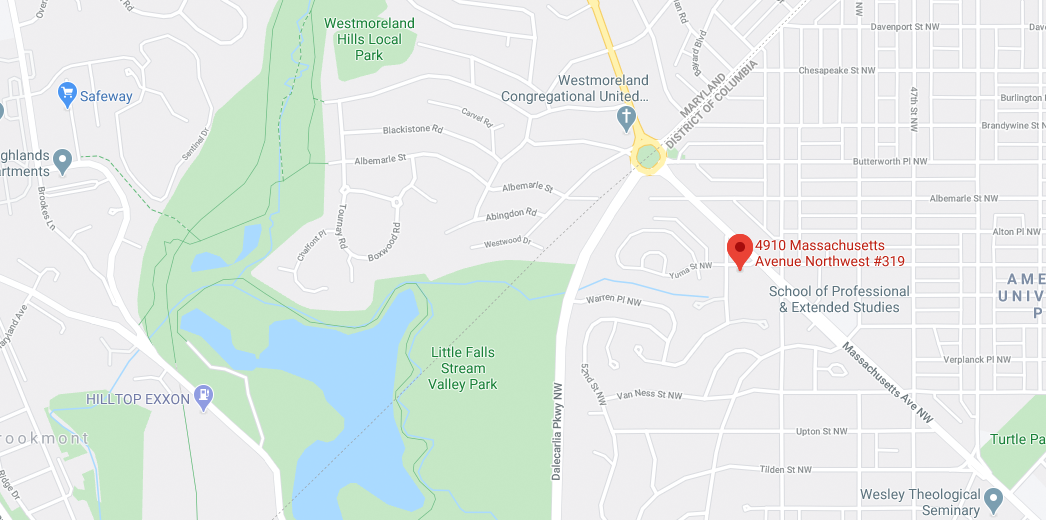Cancelling Appointments During COVID
December 29th, 2020

“I think I have to cancel my appointment.”
Our office has gotten that call more than once in the last several weeks, sometimes just hours before a scheduled visit. Under normal circumstances, we discourage these last-minute cancellations, but these days? Well, we certainly understand when it comes to COVID. In fact, we want you to act with extreme caution.
It is one way that you can help us keep our offices safe and help prevent community spread of this deadly virus.
As you and your family probably have seen, our offices have increased the amount of personal protective equipment we are wearing – sometimes we even don more than one mask! You’ve seen face shields (which are added protection, but should not be relied on instead of a mask) and certainly more hand sanitizer.
Dentist and orthodontist offices always are always fanatical about infection control, but we are even more so now.
And, the good news: we know it’s working.
According to a study from the American Dental Association (ADA), while dentists and orthodontist offices were shut down at the beginning of the pandemic due to fears about COVID spread, less than one percent of dentists have had the virus. That result is far below the rate of other health professionals in the United States. The ADA also noted that “99 percent of dentists are using enhanced infection control procedures such as screening protocols and enhanced disinfection practices when treating patients.”
If you are feeling well, you should feel confident about keeping your regular dentist and orthodontist appointments.
What can you do to help keep our offices free of COVID?
At home and wherever you go:
- Wash your hands frequently with soap and water for 20 seconds or, if you don’t have access to soap and water, use alcohol-based hand sanitizer;
- Maintain at least six feet of distance between yourself and anyone else, especially if they are coughing or sneezing;
- Limit interaction with individuals outside of your household;
- Avoid touching your eyes, nose, and mouth;
- Cover your mouth and nose when you cough or sneeze – do not use your hands; and
- Wear a mask whenever you are outside of your household.
Obviously, if you have a fever, cough, shortness of breath, headache, or have lost your sense of taste or smell, call our office. We’ll discuss your health status, the dental treatment you require, and whether or not visiting our office will be safe for you, our other patients, and our staff. Please also give us a call if you’ve been exposed to someone that has had a positive COVID-19 test. That’s helpful information and we can always see you after you’ve had time to quarantine.
Third, while we know the early bird gets the worm, it also can cause crowding in our waiting rooms. Please be on time, but if you’re more than five minutes early, wait in your car or call to see if we can safety seat you.
Finally, a note about travel, which my patients know that I love! I have not enjoyed being grounded, but COVID-19 can travel with us wherever we go. If you have been out of the area in the last 14 days – anywhere – or if someone in your household has traveled, please let us know. Again, we can always reschedule!
At the heart of every doctor-patient relationship is trust and good communication. If you’re worried about coming in, or wondering if you should keep your appointment, just give us a call and we’ll talk through it. Remember: our job is to keep you and your family smiling and healthy.
Especially, in these times, we’ll understand if you need to reschedule.










